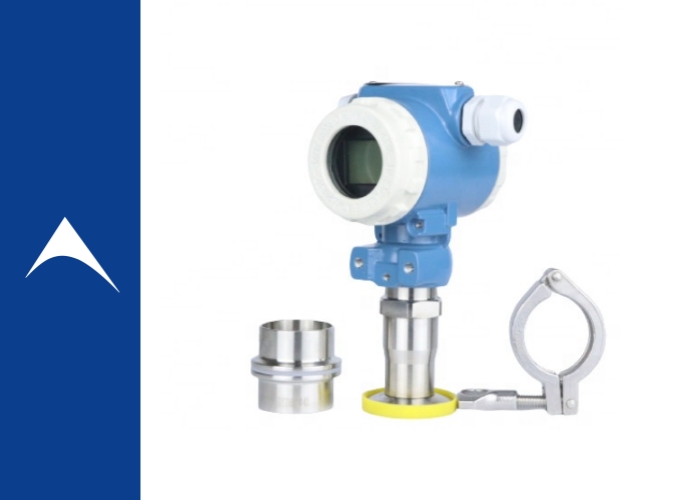
AUTO Instrument Shares Insights on Pressure Transmitter Applications and Maintenance
2025-08-29 12:54
Yantai Auto Instrument Manufacturing Co., Ltd., a trusted manufacturer with over 30 years of experience, continues to strengthen its position in the global instrumentation industry by sharing expertise on the application, maintenance, and troubleshooting of pressure transmitters.
A pressure transmitter is a vital instrument widely used in process industries such as petrochemicals, power generation, water treatment, and food processing. Its primary function is to convert the pressure of gases, liquids, or steam into a standardized electrical signal, usually 4–20mA. This signal is then transmitted to secondary devices such as recorders, controllers, and monitoring systems for precise indication, regulation, and automation.
Modern pressure transmitters are designed with advanced sensor technology, measuring circuits, and robust process connections. By converting mechanical pressure into electronic signals, they provide a stable, linear output directly proportional to the measured pressure. Whether operating under general pressure conditions, micro-differential pressure ranges, or even vacuum applications, the pressure transmitter delivers reliable performance across a wide spectrum of industrial environments.
Beyond performance, proper maintenance plays a crucial role in ensuring long-term stability and safety. AUTO Instrument emphasizes several layers of daily care. Routine inspections should include checking indication accuracy, ensuring stable readings, and confirming there are no leaks or corrosion around the transmitter, process pipes, or valve manifolds. Cleaning dust and debris from the instrument surface also helps preserve measurement reliability.
Periodic checks are equally important. Zero-point calibration, valve group inspections, and routine venting or draining prevent measurement drift. For installations in demanding conditions, such as those handling viscous or crystallizing media, scheduled purging and isolation liquid refills are necessary. In addition, comprehensive equipment inspections ensure that each pressure transmitter maintains high accuracy, sensitivity, and compliance with technical requirements.
AUTO Instrument also highlights common issues operators may face in daily practice. A transmitter output that is too high or too low may be caused by blocked impulse lines, leaks, incorrect valve positioning, or sediment in the pressure chamber. In cases of unstable output, troubleshooting often requires checking for trapped gases or liquids in impulse lines, grounding integrity, or improper damping settings. These problems can usually be resolved through systematic inspection and, if needed, by replacing faulty electronic boards or damaged diaphragms.
Valve group performance is another critical factor. Loose seals, worn gaskets, or aging O-rings may lead to leaks, while improper torque or uneven tightening of bolts can affect sealing. AUTO Instrument technicians recommend adopting proper tightening sequences, replacing worn components in time, and carrying out pressure tests after repairs to ensure system reliability.
As a manufacturer with decades of experience, AUTO Instrument not only produces pressure transmitters but also provides comprehensive technical guidance and after-sales support. The company’s service team stresses the importance of safe, careful handling. Using the right tools, avoiding forced operations, and recording each calibration and maintenance step are essential best practices. With no moving mechanical parts, modern transmitters are robust, but like all precision instruments, they demand professional care to maximize their service life.
